Scientific mission
Early detection of health deviations and timely delivery of therapeutic interventions are the key to a healthy life and long life expectancy. Preventive healthcare depends on the capacity to reliably detect a transition from health to disease by effective and sensitive screening methods. A prerequisite for this is the precise identification of health and disease states using personalized medicine approaches at an affordable price.
In cooperation with the Attoworld-Team of the Ludwig-Maximilian-Universität München (LMU) and the Max Planck Institute of Quantum Optics (MPQ), we are developing a laser-based platform technology for minimally invasive in vitro diagnostics: infrared electric-field molecular fingerprinting (EMF). EMF of human blood plasma promises to provide information across all molecular classes at a throughput level that may allow annual screening of entire populations at a reasonable cost.
By further developing EMF technology, we aim to maximize the information that electromagnetic waves emitted by (vibrationally and/or electronically) excited molecules can convey about the molecular composition of biofluids such as blood plasma.
Despite all technological advancements, the information carried by electric-field molecular fingerprints may not be sufficient for comprehensive health probing. Integrating a diversity of health data, including molecular and other data, and developing concepts for quantifying the information content of disparate health datasets rank among our top priorities.
We invite all those who feel inspired and intrigued by the overriding question: what is the most economically viable set of health data that allows comprehensive and dependable monitoring of human health?
We invite you to join us in our quest for the answer.
Our method: Infrared Molecular Fingerprinting
The molecular composition of biofluids can be useful for characterizing human health. The capability of observing minuscule changes of molecular changes thus carries the capacity for advancing medical diagnostics.
Infrared Molecular Fingerprinting is an in vitro diagnostic method based on pulsed laser technology. A drop of blood plasma is exposed to ultrashort laser light, and the light waves emitted by the excited molecules of the sample are directly detected with a femtosecond-attosecond resolution using ultrafast laser technology.
The new approach – electric-field molecular fingerprinting (EMF) – may be able to detect changes in the concentration of all types of molecules present in human blood within a single measurement. Infrared molecular fingerprints hold promise for improving the specificity and sensitivity of disease detection.
What we do
Laser Science
Infrared Molecular Fingerprinting for Human Health Monitoring
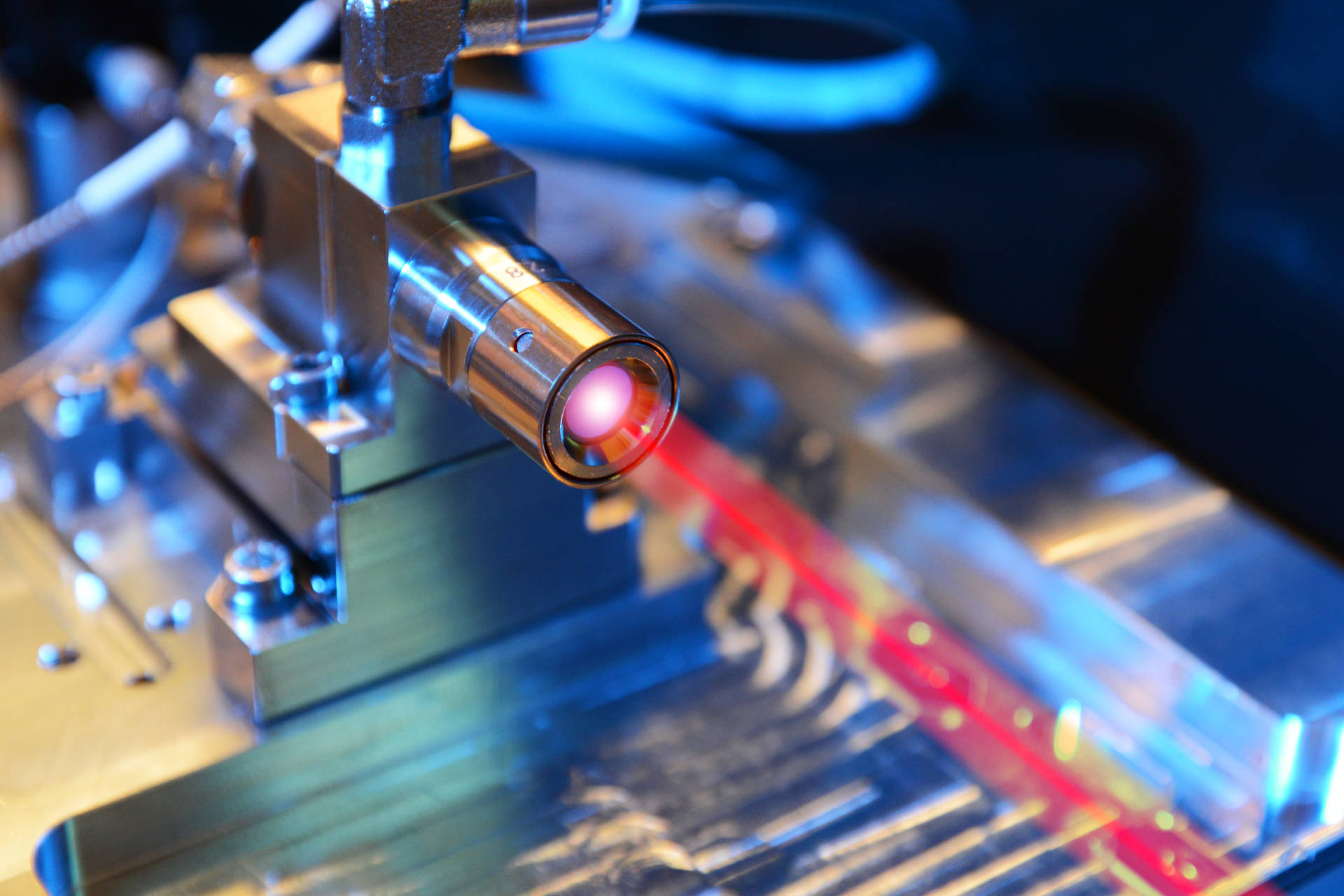
Exciting a molecularly complex sample with an ultrashort infrared laser pulse initiates a vibrational response that carries detailed information on the molecular composition of the sample. We develop instruments to capture the infrared electric-field response emitted by the sample. It is sensitive to minuscule changes in its molecular composition. We call the method electric-field molecular fingerprinting (EMF).
Our EMF instrumentation is based on cutting-edge ultrashort-pulsed laser sources and measurement techniques: shortest infrared pulses comprising less than one field cycle, highest pulse energy and waveform stability, and broadest continua. Furthermore ultra-high brilliance ensure unprecedented sensitivity and spectral coverage for field-resolved detection of the infrared light emitted from molecules. With advanced engineering, we pursue the level of reliability and user-friendliness required to make EMF useful for real-world applications.
Life Science
Probing human health with infrared molecular fingerprinting
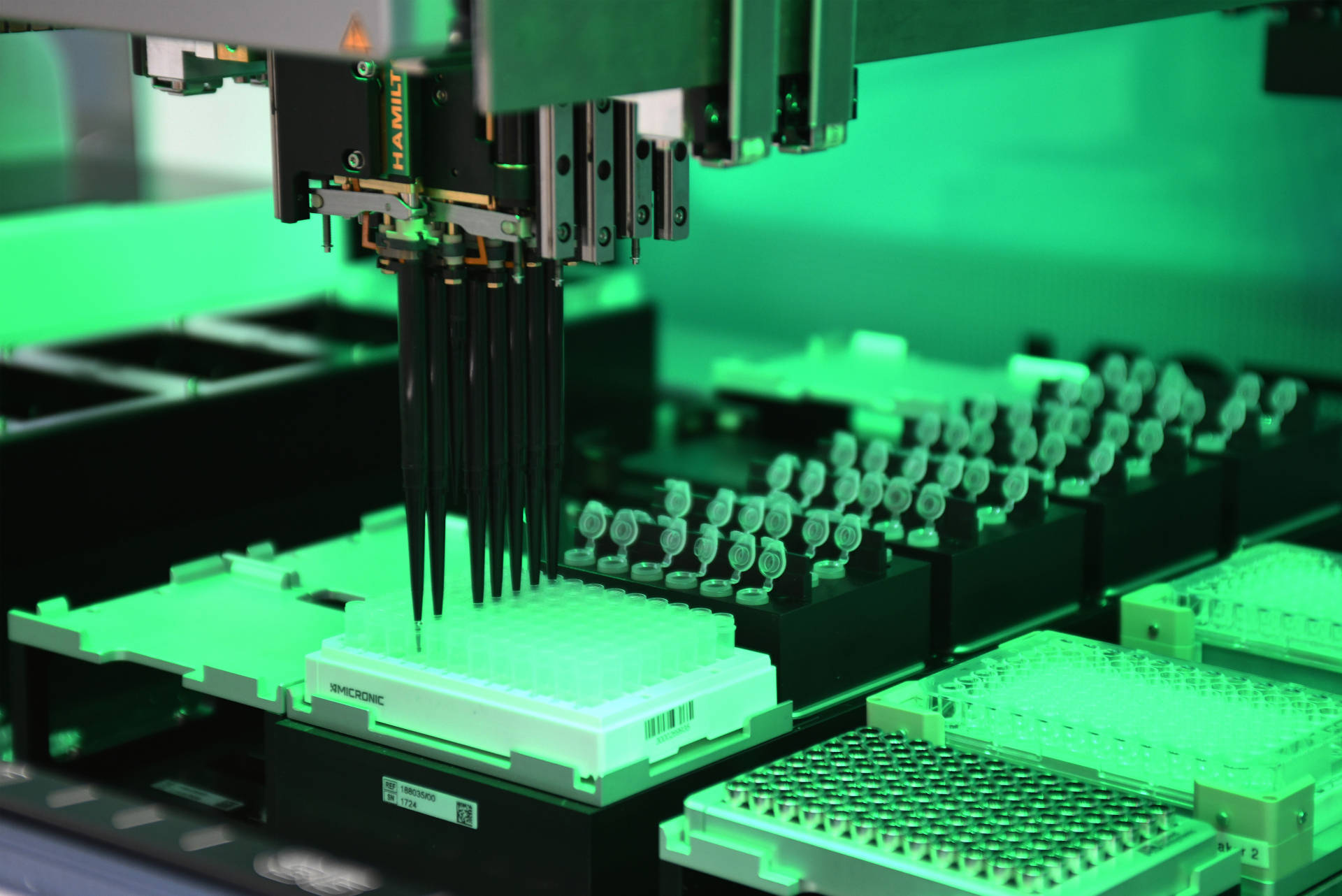
The molecular composition of systemic biofluids, such as blood plasma, are sensitive indicators of human health and hence particularly well suited for in vitro diagnostics to identify health deviations and diseases. We develop and test a non-invasive laser-based medical assay to detect simultaneous molecular changes across biomolecules (e.g., proteins, lipids, carbohydrates, amino acids).
Within the framework of large-scale prospective clinical studies, we search for associations between health and disease and the molecular composition of plasma samples. Measured infrared fingerprints of plasma samples are associated with the health trajectory of individuals reflected by their medical data. Specifically, we aim to detect medically significant changes in human health in a time-dependent manner to allow the recognition of diseases at a preliminary stage. These goals are being pursued in a large-scale longitudinal study: the Health for Hungary - Hungary for Health (H4H) Program and supported by a cross-sectional case-control study of cardiovascular diseases.
Data Science
Quantifying, comparing, and integrating information carried by health data

We explore the potential of leveraging photonic data in medical diagnostics, personalized health monitoring, and life sciences. To this end, we employ rigorous methodologies for designing studies and experiments, integrating best practices from medical statistics and machine learning. Our work involves the analysis of infrared measurements of human blood in the framework of case-control studies to develop predictive models using classical machine-learning techniques for disease diagnosis and screening. Additionally, we harness data from large longitudinal studies to develop an infrared-based personalized health monitoring system.
We also delve into fundamental challenges in medical decision-making, applying theoretical and data-driven approaches. Our toolkit includes concepts from information theory, decision theory, and artificial intelligence (AI) to quantify medically relevant information within diverse health datasets. We aim to evaluate their utility for healthcare and compare their effectiveness in precisely assessing the health status of an individual.
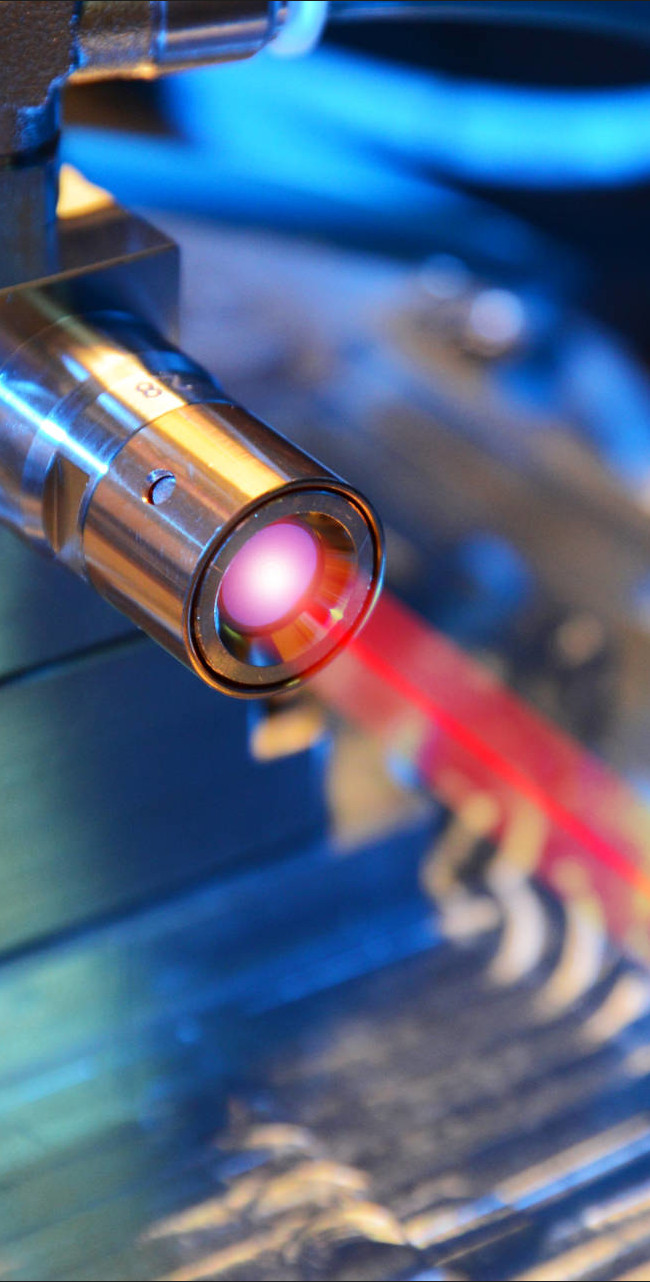
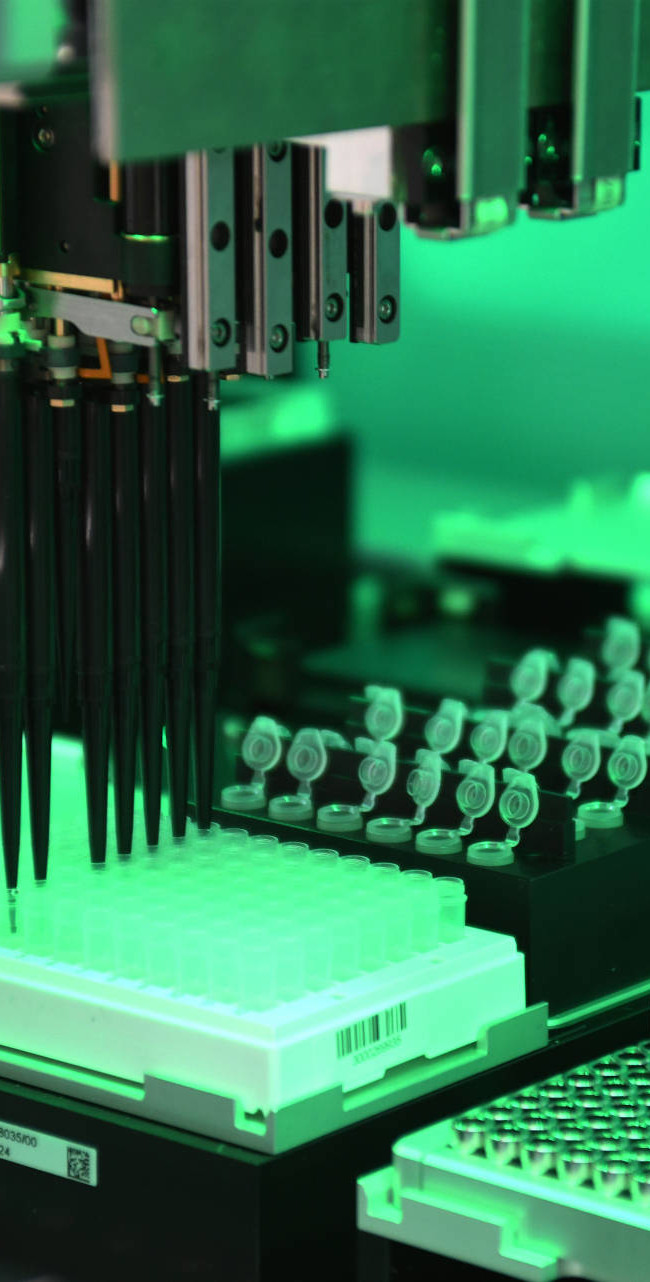

Health for Hungary – Hungary for Health
The Health for Hungary - Hungary for Health (H4H) Program is a clinical research study of CMF that aims to follow up on the health trajectories of 15,000 individuals to pursue the following:
1. Establish normal ranges of electric-field molecular fingerprinting (EMF) parameters by defining a population-based reference interval and assessing personalized, individual-specific reference ranges. This involves exploring the dependence of these ranges on age, sex, health conditions (e.g. obesity level) and lifestyle (e.g. smoking habits).
2. Verify that EMF possesses the necessary sensitivity and specificity to detect major noncommunicable diseases (such as coronary artery disease, cancer, and diabetes) and thereby provide evidence that EMF has the capacity to contribute to a health screening platform of the future.
3. Assess the information content of health-associated datasets (i.e., routine bloodwork, infrared fingerprints, and omics data) in a quest to establish an economically viable methodology for future health monitoring.
In the framework of the study, blood samples are collected from healthy volunteers over a 10-year-long period in two study arms: (1) a low-to-moderate-risk arm and (2) a high-risk arm, based on the risk level of participants to develop target diseases (i.e., coronary artery disease and lung cancer). We perform regular (at least one per year) collection of blood samples and accompanying health data. In the high-risk cohort, an additional health assessment is performed to ascertain the health status of subjects and aid in recognizing subclinical conditions. Analysis of the EMF data and accessible medical information about the health status of individuals may allow discovering spectroscopic biomarkers for early disease detection.
To support the above aims, we also participate in cross-sectional control case studies aiming to evaluate the sensitivity and specificity of infrared molecular fingerprinting of blood plasma in recognizing various forms of cancer and coronary artery disease (CAD).
These projects are based on collaboration with several cancer clinics of the LMU and the Heart and Vascular Centre of the Semmelweis University (Budapest, Hungary), in cooperation with researchers of the Attoworld Team.
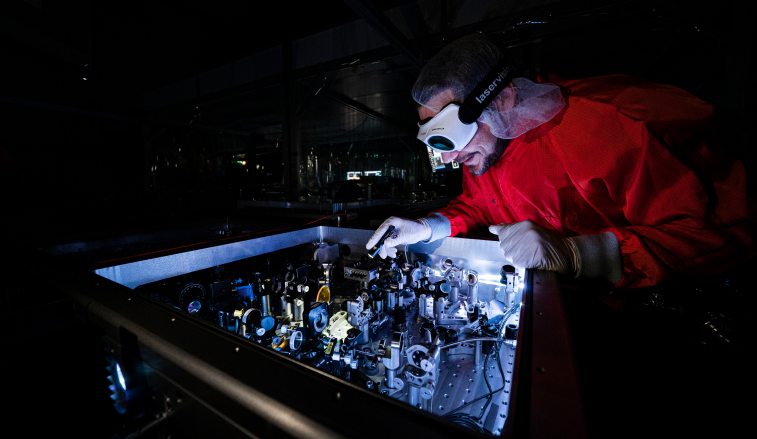
If you want to know more about the research program or become a volunteer, please visit our H4H Program website for more information.
If you want to know more about the research
program or become a volunteer, please visit our
H4H Program website for more information.